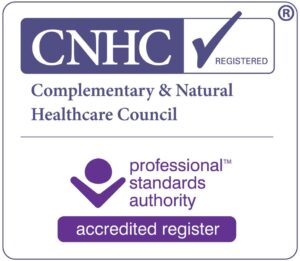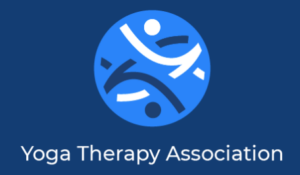600 HOUR YOGA THERAPY TRAINING
Starting September 2024
Photograph by Adele Baron
We provide affordable accredited Yoga Therapy training that is structured to fit around work and family commitments
Our Comprehensive Training Will Provide You With
- All the skills, knowledge and support you need to become a yoga therapist
- A rewarding career in the fastest growing Complimentary Therapy in the UK
- Access to ongoing mentoring and supervision after qualification
- Eligibility to register with the CNHC and with the Yoga Therapy Association
Why train as a yoga therapist ?

If you are passionate about using yoga to help others, our professional qualification will give you the skills, knowledge and confidence to find your niche in this fast expanding field of holistic health

Develop the skills to work in your particular area of Interest, such as; women’s health, cancer care, recovery from trauma, anxiety and depression, eating disorders, Parkinson’s disease and many others

Opportunities to work collaboratively with other healthcare providers, within institutions such as schools, hospitals, clinics, hospices or with charities or thorough developing partnerships with other local health providers such as GPs or osteopaths
Would you like to book a call to find out more?
“Yoga is the journey of the self, through the self, to the self.”
The Bhagavad Gita
This course is not just about developing new skills and knowledge, it will also take you on a fulfilling journey of personal healing and self development, which will lead you to a profound and heartfelt understanding of yoga as a healing art
About the Course
This well respected 600 hour course takes place over 2 years. After graduating you will be able register with both the Complementary Health Care Council and the Yoga Therapy Association.
Who is the Course for?
The course is for yoga teachers who have been teaching for at least a year and who would like to develop a deeper understanding of the science, philosophy and psychology of yoga and its therapeutic application as a healing art. full entry requirements are set out in the course prospectus.
Comprehensive Training
The course is practical and comprehensive and learning is well paced, so that you are able to develop new skills and absorb new knowledge at a manageable pace over the whole duration of the course.
Learning that fits with work and family life
All training sessions are at weekends, and outside of school holidays and we aim to avoid travelling in the deep winter months wherever possible.
The 600 hours of certified training is comprised of:
300 Hours Live Training
These take place over 2 years and include:
- 10 in person training weekends at our venue Synergy Physio Egham
- 4 weekends, 2 Saturdays, and 10 Saturday mornings, live online via Zoom
- 2024 – 2026 dates can be found in the full prospectus
300 Hours Directed Learning
Students are allocated specific work to complete between the weekends such as:
- pre-reading and research
- completion of specific assignments
- client case studies
- self-reflection, journaling, & other self development activities
Request a prospectus for full details and course dates
Enjoy the Benefits of Training with Real Yoga
Join our supportive community of like-minded yoga teachers on the path to become yoga therapists
Why choose us
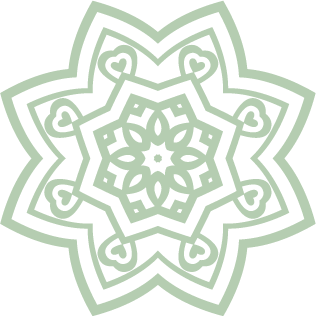
"High-Quality, Affordable, Authentic" training from a well established and respected training school
Our tutors are respected yoga therapy professionals who play a pivitol role in the development of the yoga therapy industry in the UK. We will help you to grow your business and to find your niche in the fast expanding field of yoga as a holistic therapy

We Acknowledge Individuality
We recognise that each student will have their own learning style and specific needs. So we will work with you to devise a personal development plan, that reflects your special interests and experience so you will get the very best out of your investment and enjoy every minute of the course!

Community Support and Mentorship
We will provide you with an individual mentor who will support and guide you throughout your training journey. You will also have the support of the “Real Yoga Sangha” a community of graduates and tutors with a wealth of knowledge and experience who are always available to help
Hear what our Graduates have to say…
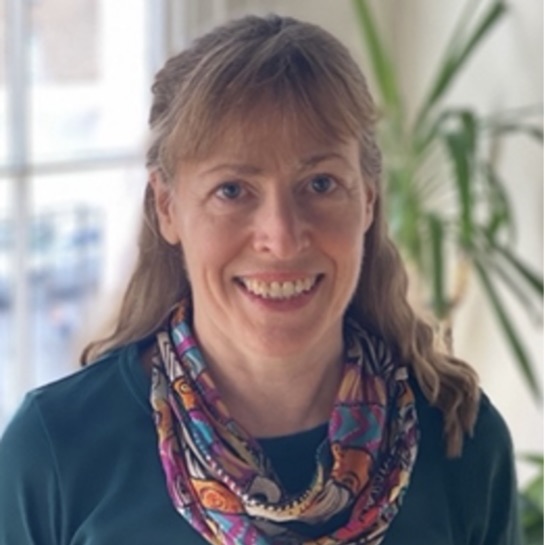
Ruth Henderson-Cash - Graduate
“Along with developing robust clinical skills, this training embeds the importance of keeping a loving heart at the centre of it all. I cannot emphasise enough how this transforms yoga therapy beyond a profession and into a vocation.”
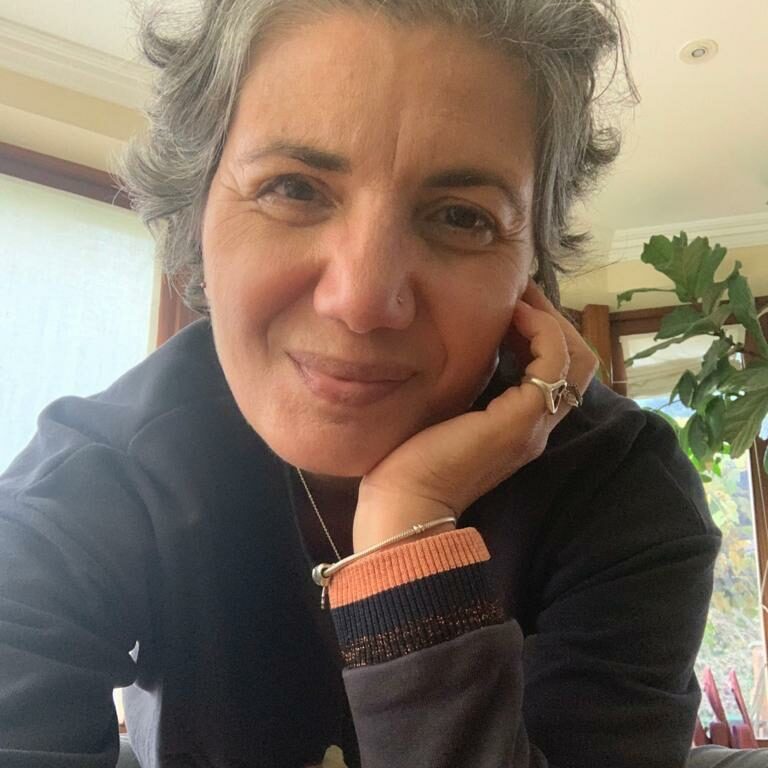
Konika Shankar - Graduate
I feel that the unique and thorough training with Real Yoga provided me with a strong foundation to give me the confidence to enable me to work safely, find my way of working, and to be taken seriously in this field.”
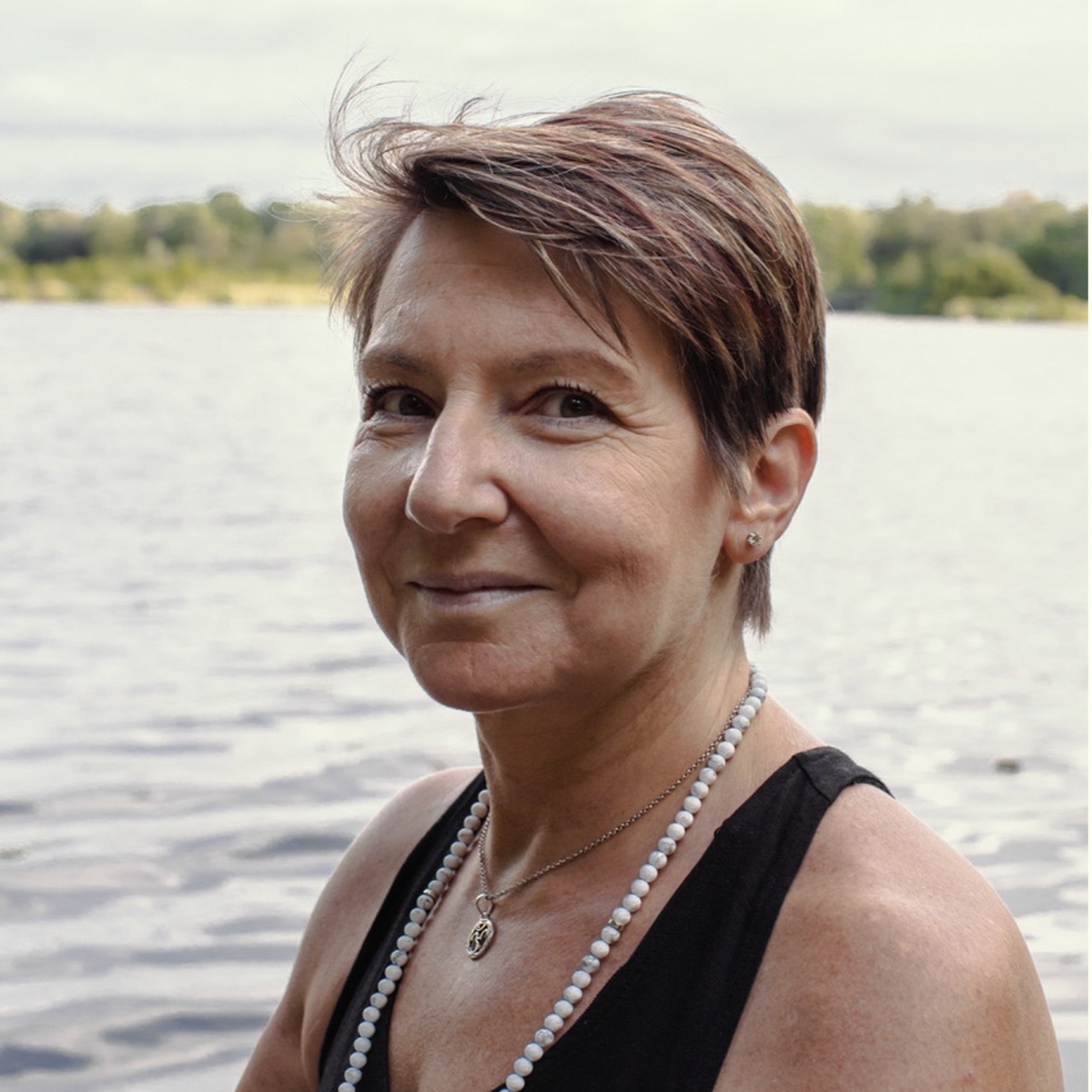
Sue Skelton - Graduate
“The course is well structured and the quality of teaching is exceptional, the tutors are professional and supportive, building my self confidence as a therapist.”
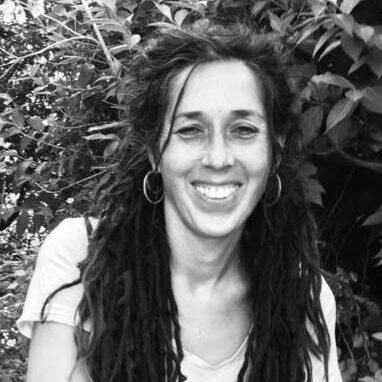
Gemma Peppiat - Graduate
“I loved the Real Yoga Therapy training. I remember looking forward to every weekend. The tutors created a safe nurturing environment, where we could explore different aspects of yoga therapy. As a group we had a lot of fun.”
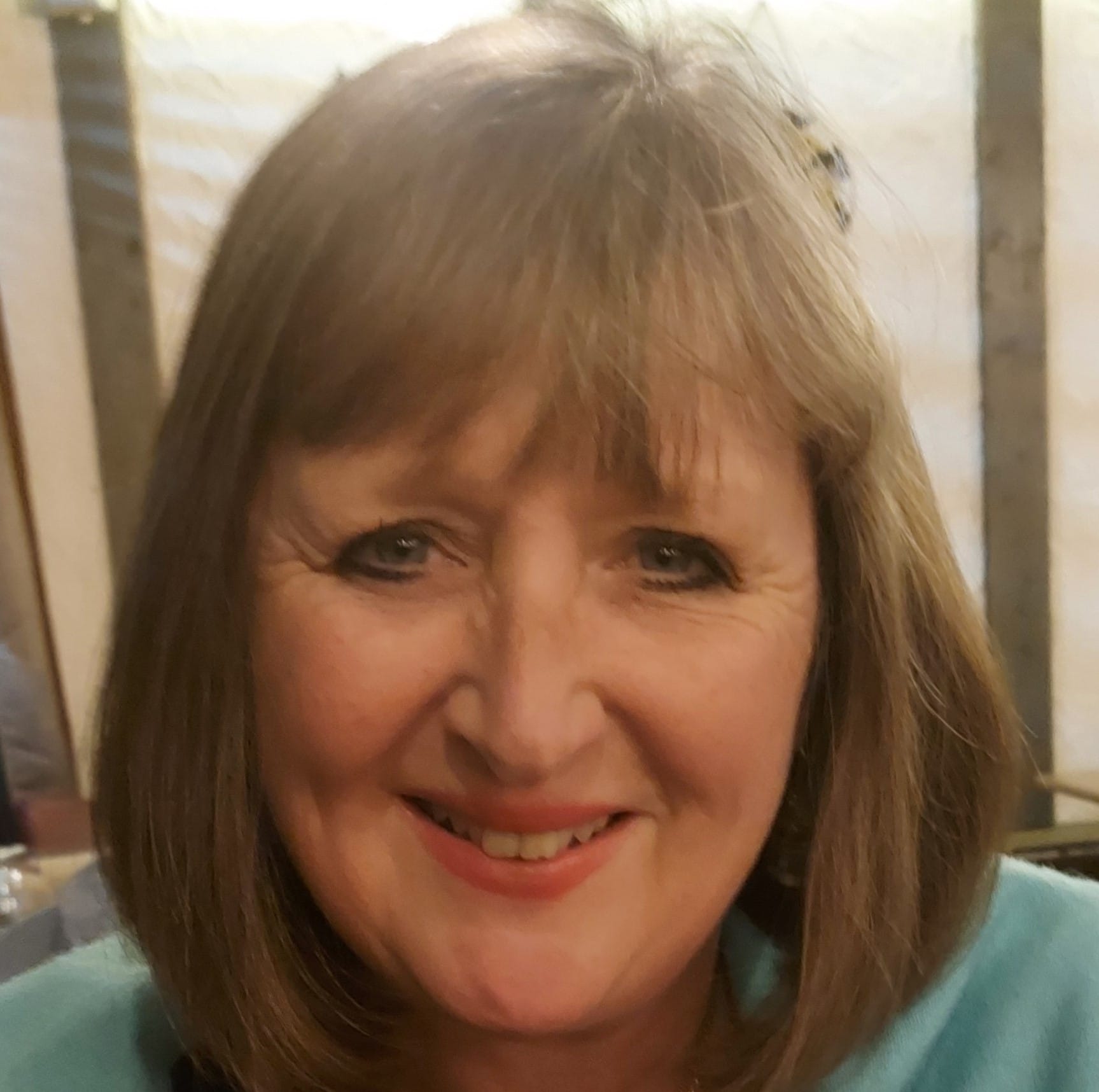
Sarah Swan - Graduate
“It’s a brilliant course: the teaching is great and supportive. The content and learning have brought a richness to my yoga teaching and opened my eyes to how yoga can help people individually with their health issues.”
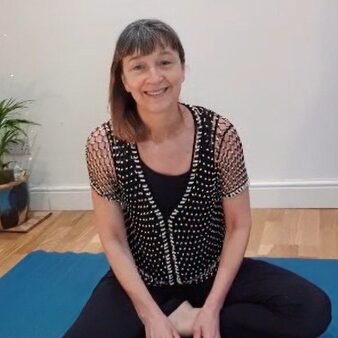
Irene Clark - Graduate
“I am absolutely loving this course, it has transformed the way I teach and the way I feel, it is a remarkable journey. I am very much enjoying the case studies too, it is all so interesting. LOVE IT, LOVE IT, LOVE IT!
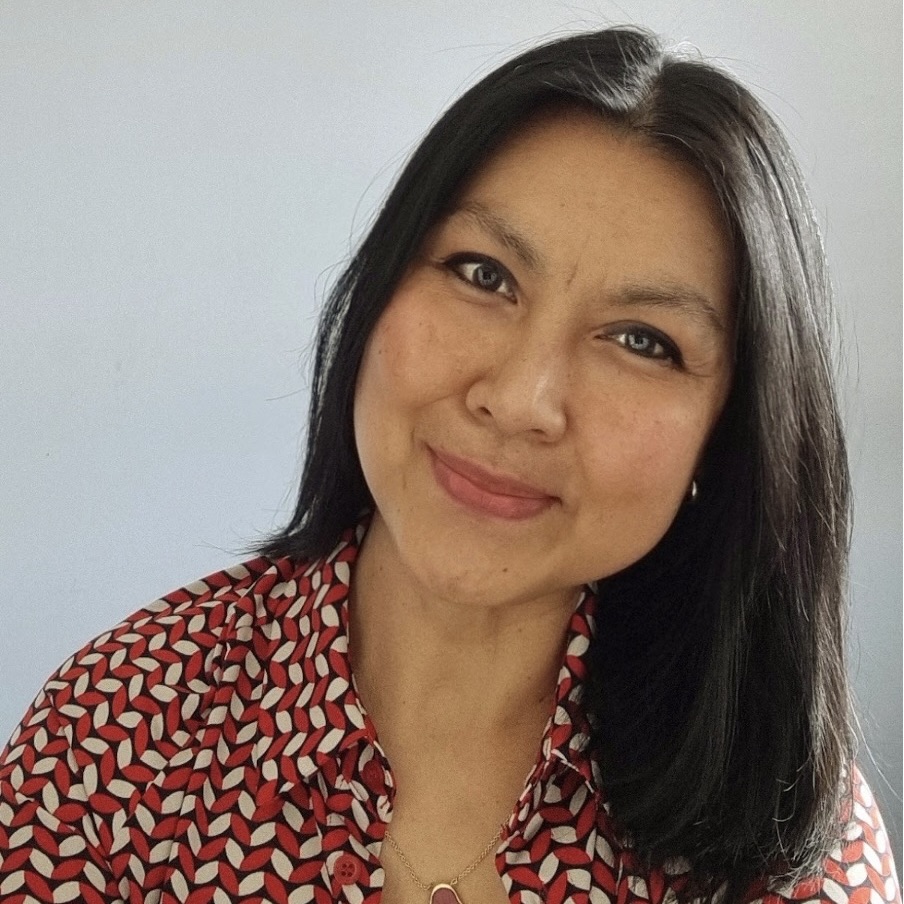
Aidilla Jeharey - Graduate
“In depth and life transforming for me. Absolutely essential if you want to further your yoga teachings and practice”
Our Venue – Synergy Physio, Egham
Easily Accessible Central location
Synergy Physio is in the centre of Egham Surrey (close to Heathrow)
Getting There
- easily accessible by car from the M25 M4 and M3.
- a few minutes walk from Egham Mainline Station which is on the main London-Reading line
- accessible by bus from Heathrow airport and surrounds.
Local ameneties
- Budget, local accomodation - Travelodge - 5 minutes walk
- Local Parking
- Local amenities, coffee shops, restaurants, vibrant high street
- Popular and attractive location close by to Runnymede National Trust meadows
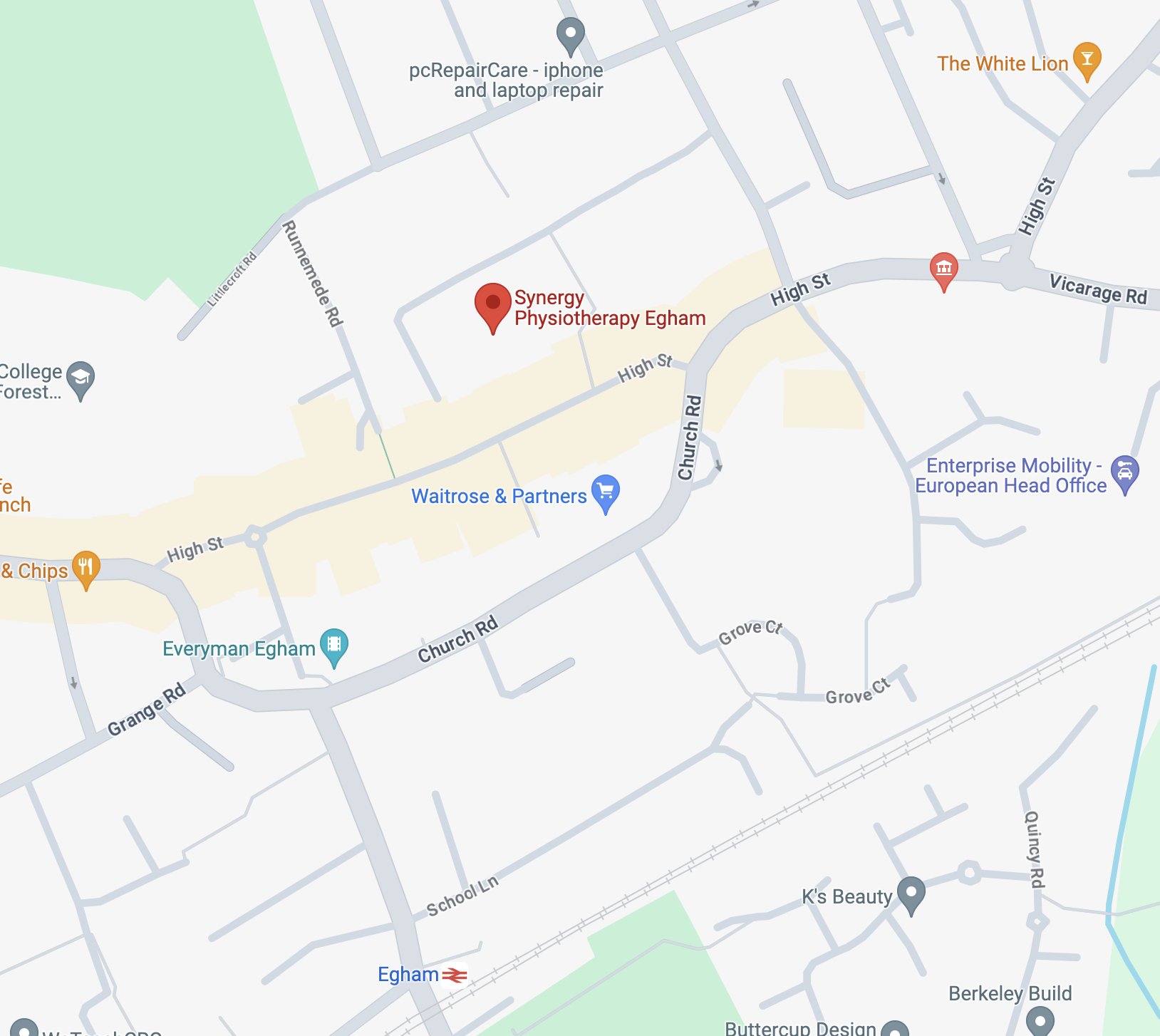
Course Fees
Early Bird offer £175 reduction on course if you book before 31st May 2024
- Course fees are £4500 plus assessment fees of £275 which are payable at the time of assessment.
- A deposit of £750 payable at the time of booking will secure your place
- We offer a 5% reduction on the course fee if paid in full on enrolment
- Payment plan available (20 equal instalments over 20 months)
Benefits of Training with us

Accredited training developed over many years

Experienced & knowledgeable tutors

Guest tutors who are specialists in their field

Practical application of professional skills to build confidence

Individual Mentoring and Support Throughout the Training

Guided learning between weekends to support individual development

Centrally located training venue with good transport links

Affordable Training with payment options

Training structured to fit around work and family commitments
FAQs
What is Yoga Therapy?
The International Association of Yoga Therapists defines it as “the professional application of the principles and practices of yoga to promote health and well-being within a therapeutic relationship that includes personalised assessment, goal setting, lifestyle management, and yoga practices for individuals or small groups”
Ultimately yoga therapy is a holistic healing art, and yoga therapists always treat the whole person, not just the symptoms. The development of a compassionate therapeutic relationship is at the heart of the healing process.
For example, a client might present with persistent lower back pain – perhaps they have been advised by a GP or an osteopath to try yoga, which might be a clue that the cause of the back pain isn’t just mechanical. The yoga therapists job is to assess the client physically, emotionally, energetically, to investigate the origins of the pain, and to provide a safe and empathetic space in which the client can articulate their feelings, needs, and priorities and to empower that individual to make any necessary changes to heal themselves.
Treatment would likely include appropriate asana to stretch and strengthen and to improve postural alignment alongside practices that will enable intellectual and spiritual healing too e.g. relaxation, bhavana, mindfulness or meditation, sankalpa.
Generally, yoga therapy is provided to individuals, but it can also be provided to small groups of individuals with similar symptoms and needs, providing that each has been individually assessed and that each person’s particular needs can be met in that setting.
What is the difference between teaching yoga and being a yoga therapist?
Teachers and therapists have different roles although of course there may well be some overlap.
Yoga teachers – teach yoga skills and help their students to master them for themselves. If the student practices regularly this will have a therapeutic effect.
Yoga therapists – work with their clients to help them understand the underlying causes of their suffering, whether physical, mental emotional or spiritual – likely a mix of each – and to empower them to work towards resolution using the physical and philosophical teachings of yoga.
Generally, yoga therapy is provided to individuals, but it can also be provided to small groups of individuals with similar symptoms and needs, provided that each person has been individually assessed and that their particular needs can be met in that setting.
What conditions is yoga therapy used for?
Yoga Therapy offers an holistic approach to health and wellbeing that can be used in many different scenarios, either as a stand alone treatment or to complement the work of medical practitioners, psychologists and counsellors, socail workers and other therapists.
Specific research has shown yoga to be effective for physical and emotional healing in many circumstances including:
- Anatomical issues such as back pain, frozen shoulders, or scoliosis
- Relief from pain
- Improving the quality of life of people living with cancer
- Improving the symptoms of asthma and COPD
- Improving the symptoms of IBS and other digestive conditions such as Crohn’s disease
- Improving symptoms of menopause
- Improving motor function and stability in people with e.g. ,Parkinson’s and MS
- Improving cardiac health
- Relieving the symptoms of chronic fatigue and promoting post covid recovery
- Relieving symptoms of common autoimmune conditions such as diabetes, or fibromyalgia
- Relieving pelvic pain for women with endometriosis
- Relieving insomnia
- Supporting recovery from eating disorders, addictions, anxiety and depression, and trauma
- Supporting people experiencing grief and PTSD
And many more
What are the Opportunities for Yoga Therapists?
Yoga Therapy is the fastest growing complementary therapy in the UK, and is widely recognised. There are many opportunities to work in clinical healthcare settings as well as in private practice. Many of our graduates have gone on to build rewarding yoga therapy careers working in institutions such as hospitals, psychiatric clinics, osteopath practices, women’s refuges, schools, hospices, prisons and in the charity sector.
Some therapists choose to focus their therapy work on specific groups of clients or specific conditions such as cancer care. Others use the additional skills and knowledge acquired on the course to enhance their yoga teaching and to offer therapeutic yoga classes, workshops, and retreats. Some choose to train other teachers in the therapeutic art of yoga.
Graduates regularly report that they benefit personally from the self-development that is inherent within the course, leading them to a deeper and more compassionate understanding of themselves and of those around them.
Is there any other training I need to do after graduating?
This course is comprehensive and will equip you with all the skills you need to work therapeutically, so you won’t need to undertake any additional trainings in order to practice. We generally advise students to spend some time putting their training into practice, and honing their skills before looking to widen their horizons further, because as with teaching yoga, it is through repeated practical experience that we learn. Although it will of course be essential to meet the annual CPD requirement of your insurer and any membership organisation that you are registered with.
The Real Yoga team will be available to support you through supervision and mentoring until you are ready to explore particular areas of interest more deeply, or to develop particular skills.
Are yoga therapy tools different from those I use as a yoga teacher?
Essentially the tools are the same but they may need to be applied in a different way and there are some areas where you will need a much deeper level of understanding than is required for teaching yoga.
Practices
All the classical practices of yoga can be used in yoga therapy including asana (in its various forms), pranayama, mudra, mindfulness, meditation, relaxation, yoga nidra, visualisation, bhavana, energy awareness, mantra, affirmation, sankalpa, and sound. However these may need adapting to be safely use in a therapeutic setting and there may be additional contraindications to be aware of with particular clients.
Yoga Models of Health
You will need a much deeper knowledge and understanding of the Yoga models of health such as the koshas, chakras, gunas and vayus because these provide an energetic framework for the assessment of a client’s needs and are used as tools for diagnosis and healing.
Philosophy
Likewise, an undersatnding of yoga wisdom and philosophy such as Patanjali’s teachings about the nature of the mind – the vrittis, kleshas and Kriya Yoga, is essential because these provide a psychological framework that enables the therapist to gain insight into a client’s thoughts and motivations, and to prescribe holistic and yoga therapy solutions.
What is covered in the course?
This course is accredited by the BCYT, and therefore has to meet its core curriculm. The full requirements that training schools have to meet can be found here
However this is a summary of the learning that is covered
Diagnostic models and how to use them:
- Yoga models of holistic health: Pancha Kosha, Chakra, Vayu and Gunas
- Yoga wisdom and philosophy- Patanjali, Upanishads, Bhagavad Gita
- An introduction to Ayurveda and Tri-dosha
- Postural and joint mobility assessment
- Postural assessment – emotional holding patterns,
- Body reading and exploration using metaphor and visualisation.
- Breathing assessment both anatomical and energetic
Relating to your client – the therapeutic relationship
- Taking a case history, setting boundaries, agreeing goals
- Listening skills, questioning, communication, and counselling skills
- Building a compassionate empathetic rapport
- Maintaining healthy boundaries
- Creating and managing a safe welcoming therapeutic space for treatment
Functional anatomy, physiology, pathology
Students are not expected to remember all the structural details of the body’s systems, but it is important to understand how they work and interact, and how they impact on physical, energetic, emotional, and mental health. The course focusses on the study of related conditions and diseases and how they can be treated using yoga therapy. Yoga therapy integrates the growing body of scientific yoga evidence yoga with traditional tried and tested therapeutic yoga wisdom and practices.
- Skeletal and muscular systems and related health issues
- Nervous system and the endocrine system – how together they regulate the electrical and chemical processes that relay information throughout the body
- Immune system – its place in the mind body network
- Cardiovascular and lymphatic systems
- Respiratory system and the function of breathing
- Digestive system, enteric nervous system, digestion as a metaphor for processing life experiences, thoughts, and emotions
- Women’s physical and mental health
- Ageing – physical, emotional, and spiritual effects
- Pain, how it is generated and experienced
- Aetiology of stress and its physical emotional and spiritual impacts
- Mental health, including anxiety, depression, grief, eating disorders, trauma
Yoga practices
- The appropriate use of asana including adapting and using props, accommodating additional needs and disabilities
- In depth study of pranayama techniques for physical, emotional, and spiritual healing
- In depth study of relaxation techniques including body scan, visualisation, guided visualisation, yoga nidra
- The therapeutic use of meditation and mindfulness, bhavana, sankalpa, affirmation, mudra
- Sound as a tool for healing, chanting, mantra
- Vihara -healthful lifestyle changes
Running a yoga therapy practice
- Yoga Therapy and the Law
- Record keeping and retention
- Data Protection and the role of the Information Commissioner
- Advertising
- Health and Safety
- Fitness to practice and professional responsibility
- Setting appropriate boundaries
- Inclusivity
- Establishing a yoga therapy practice
Is this an accredited course?
Yes – The course is accredited by the British Council for Yoga Therapy (BCYT). And graduates will be able to register with both the Complementary and Natural Healthcare Council (CNHC) and the Yoga Therapy Association
Is there any other training I need to do after graduating?
This course is comprehensive and will equip you with all the skills you need to work therapeutically, so you won’t need to undertake any additional trainings in order to practice. We generally advise students to spend some time putting their training into practice, and honing their skills before looking to widen their horizons further, because as with teaching yoga, it is through repeated practical experience that we learn. Although it will of course be essential to meet the annual CPD requirement of your insurer and any membership organisation that you are registered with.
The Real Yoga team will be available to support you through supervision and mentoring until you are ready to explore particular areas of interest more deeply, or to develop particular skills.
When do the live weekends take place?
300 Hours Live Training
These take place over a period of 2 years and include:
- 10 in person training weekends at our venue Synergy Physio Egham
- 4 weekends, 2 Saturdays, and 10 Saturday mornings, live online via Zoom
- The proposed 2024 – 2026 dates can be found in the full prospectus
Our Venue → Where is it and how do I get there?
Synergy Physio is in the centre of Egham Surrey ( close to Heathrow) It is easily accessible by car from the M25 M4 and M3. It is a few minutes walk from Egham railway station which is on the main London-Reading line and accessible by bus from Heathrow airport and surrounds.There is a Travelodge less than 5 minutes walk away and local parking. The High Street has plenty of coffee shops and restaurants, a cinema and gym and swimming pool all within a few minutes walk. Egham is well known as the site of the signing of the Magna Carta on the banks of the river Thames and adjacent to the Runnymede National Trust meadows so there are many local walks and amenities.
Ready to Apply?
This is a BCYT accredited course and graduates will be eligible to join the CNHC and Yoga Therapy Association


